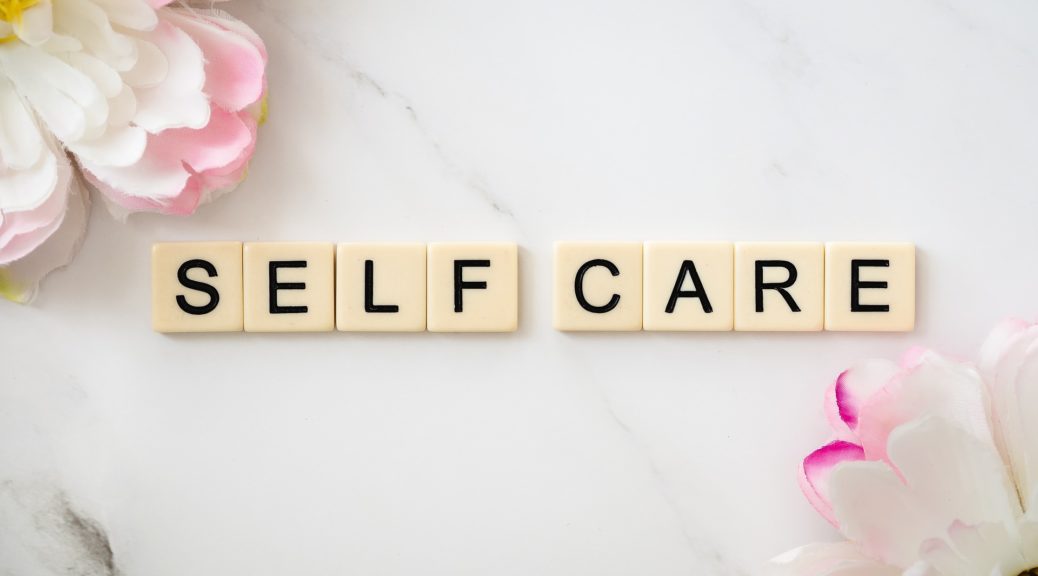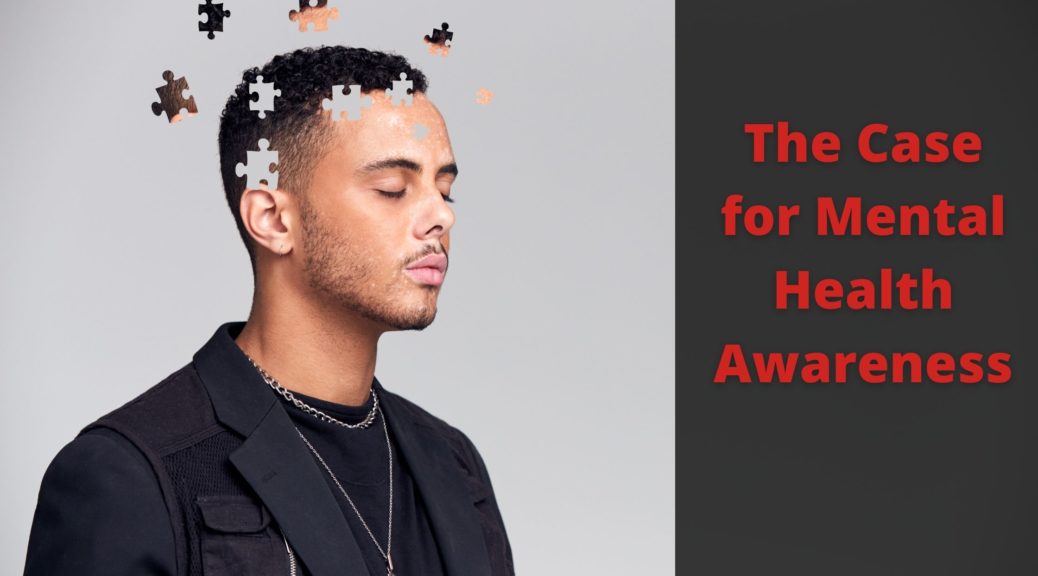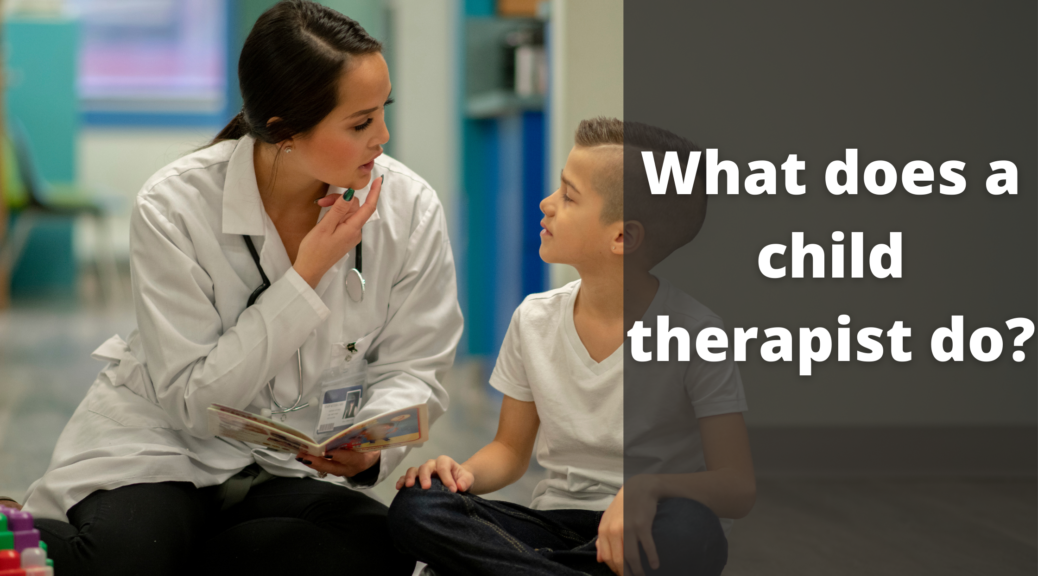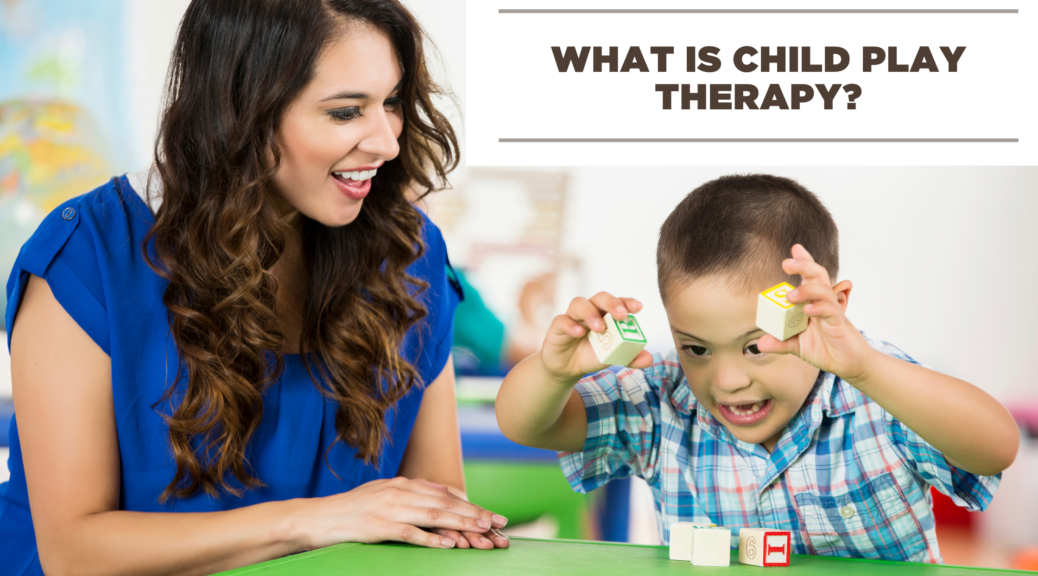The meaning of self-care is quite self-explanatory, which means, taking care of oneself. Anything that you do for the betterment of your health; physically or mentally or even in a spiritual capacity, can be regarded as self-care. Therapies, like anxiety treatment, depression treatment, or even adolescent counseling, are also considered self-care. Self-care is ignored, whenever you find yourself in difficult and challenging situations, whereas you should always keep it on top of your mind.
Why is self-care important?
In today’s world, you are expected to work for longer hours, denoting the idea that it means a person is working more productively. These types of conditions can take away the opportunity for self-care without even you noticing.
However, contrarily, you can increase your productivity in a much more efficient way; by engaging in different self-care routines. For example, marriage counseling or couple’s therapy kind of engagements deem to be very beneficial for everyone; married or in a relationship.
You may often hear the phrase “burning that candle at both ends” at workplaces, educational establishments, etc. However, having fewer sleeping hours on your schedule has significant consequences. Burnout, depression, and anxiety are a few amongst a whole lot of other bad implications.
Opting for anxiety therapy or depression counseling has clinically proved to be very beneficial for our mental as well as physical well-being. Anxiety counseling can reduce stress and in comparison boosts our concentration, happiness, and overall energy.
Consequences of neglecting self-care
Low energy, hopelessness, lower patience, headaches, sleep deprivation, unhealthy diet, lack of concentration, and reduced performance at work and overall – these are some of the common symptoms and consequences of neglecting self-care.
Ignoring self-care routines can suppress your immune system as well. The stress hormones will begin to increase passively as you will keep on disregarding the idea of self-care. Which, in turn, will lead to mental health diseases, like anxiety or depression. If you keep on ignoring the idea of opting for that anxiety therapy or depression therapy that your friends told you about, you may find yourself getting sick more often.
Lack of self-care can also lead to a significant decline in your productivity. The general belief regarding self-care routines is that if we are spending our time attending anxiety therapy or depression counseling – it means that we are not doing a lot of other things that need to be done.
More often than not, people who neglect self-care are over-stressed which can very negatively affect your health to a point that it could kill you. Having a higher stress rate can lead to a lot of health issues like high blood pressure and heart diseases, and cardiovascular diseases are the biggest reasons for deaths throughout the world.
Therapy can be helpful for self-care
Therapy can be very beneficial in realizing the cause of negative emotions and assists in getting rid of unhealthy mental conditions. It will help you be more productive and active towards your professional as well as personal life. By focusing on the root of each problem, therapy improves mental health – which in turn will positively influence your physical health as well.
You can opt for therapy at any age or stage of life; marriage/couples therapy, teen therapy, adolescent therapy, etc. Anxiety therapy or depression therapy will assist you and provide you with the tools to overcome your anxiety or depression and focus on your self-care.
It is very important to “put your oxygen mask on first” and “fill up your cup.” It’s so important to take care of yourself at least as much as you care for others. Please schedule a time to speak at our locations in Woodbridge, Virginia, Fairfax, Virginia or our telehealth options.








